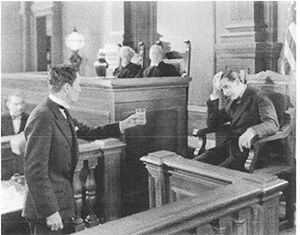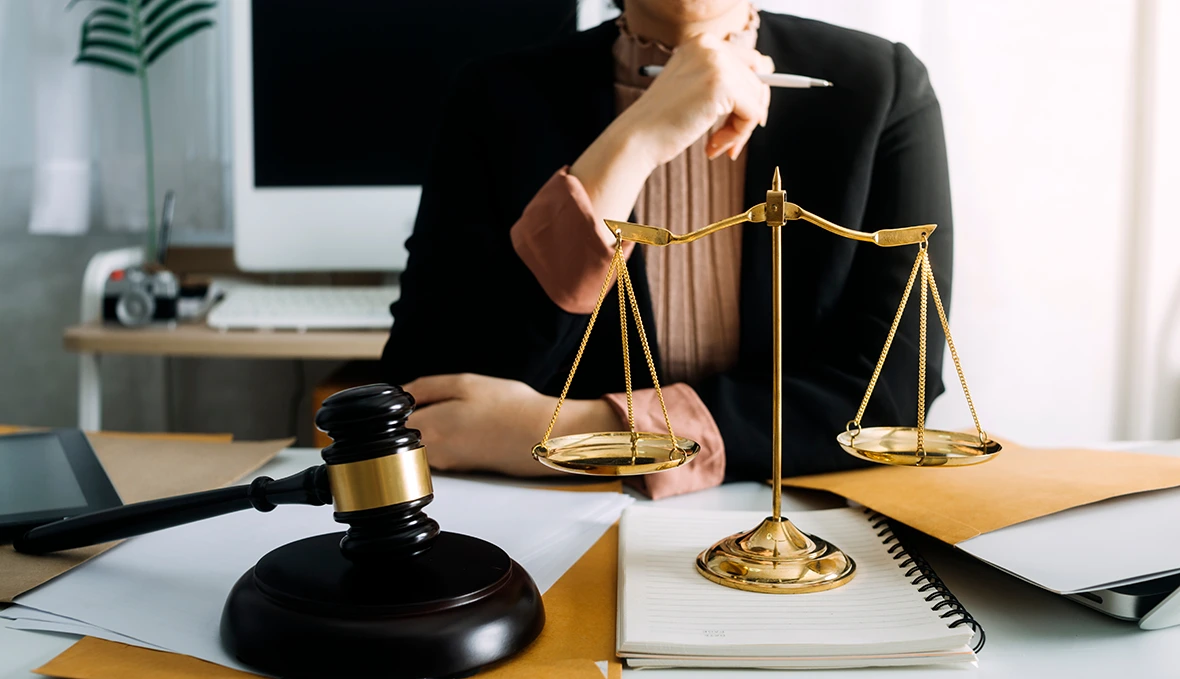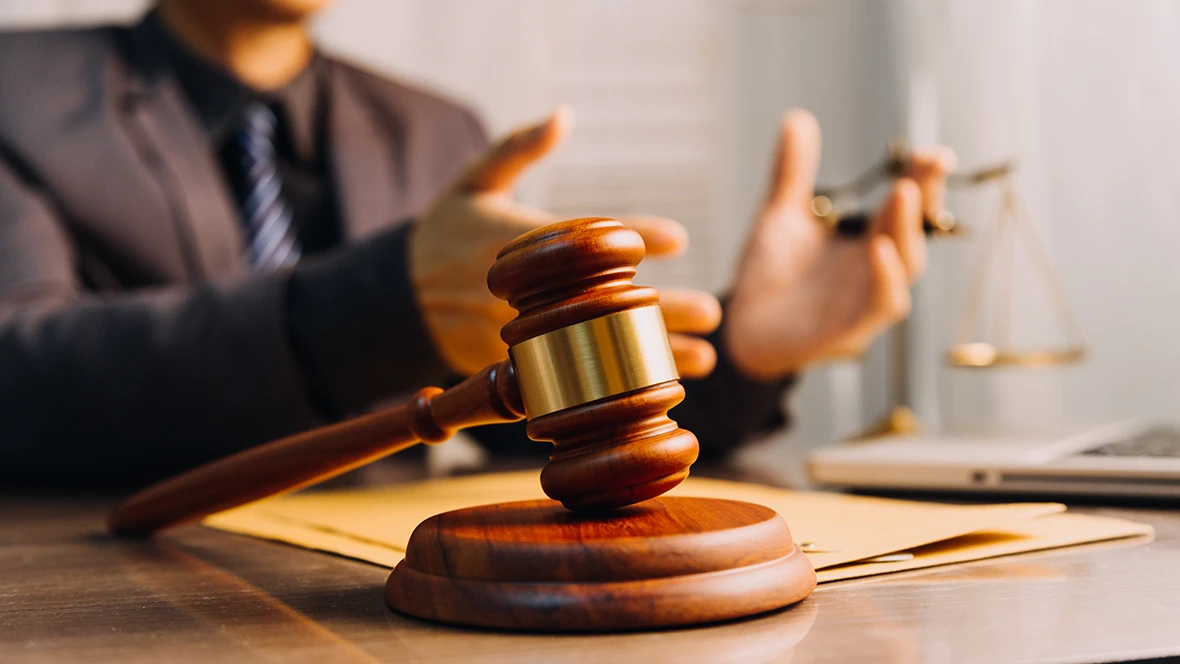Forensics Expert Witness: Courtroom Testimony Tips for Success
Forensics expertise and effective courtroom testimony go hand in hand when presenting evidence in personal injury and overserving cases. When I began my career in forensic alcohol toxicology in 1976, formal training programs for forensic experts were virtually nonexistent, particularly regarding how to present clear, credible testimony in criminal courtroom settings. At that time, most forensic scientists learned through observation and experience rather than structured education. I was fortunate to be employed at the largest forensic lab in Canada at the Centre of Forensic Sciences in Toronto and was able to learn courtroom skills from the 10 senior and very experienced forensic toxicologists at the lab and from extensive practical experience from testifying in over 600 trials.
Understanding Forensics Testimony in Legal Proceedings
The landscape of forensics testimony has evolved significantly over the decades. There are now numerous articles and books and courses about courtroom testimony techniques, some giving good and some giving poor advice. For expert witnesses working in forensics, whether in personal injury claims, overserving liability cases, or criminal proceedings, mastering the art of testimony remains crucial to case outcomes.
I recently read a good article (Neal, 2009) about tips for courtroom testimony which I had to learn after many years of experience. I think techniques recommended here are not only useful for the expert witness working in forensics but for other witnesses in criminal trials as well.
Essential Verbal Communication Guidelines
When answering questions the witness should:
- Always tell the truth
- Listen carefully and then pause and take a breath before answering
- Only answer the questions that is asked
- Avoid slang and jargon
- Not memorise answers to anticipated questions
- Speak loudly and clearly
- Not argue with opposing counsel about the line of questioning
- Understand that it is OK to ask for a question to be repeated or rephrased
- Understand that it is necessary to say “no”, or “I don’t know” rather than guessing on the witness stand
- Avoid qualifiers (e.g., “I think” or “I guess”) and hesitation words (e.g., “uh”, or “um”)

Critical Non-Verbal Behaviour for Expert Witnesses
Your physical presence in the courtroom matters as much as your words. Regarding non-verbal behaviour, the witness should:
- Maintain good posture
- Remember to look at the jury (but not stare) when testifying
- Not look to the attorney for answers
- Use a moderate and natural number of mannerisms and gestures
Professional Forensics Services for Personal Injury Cases
At Wigmore on Alcohol, we provide expert witness testimony backed by decades of forensics experience in alcohol toxicology, THC analysis, and substance impairment cases. Our expertise extends to personal injury litigation and overserving liability matters where forensic evidence plays a pivotal role in establishing causation and liability. Each case we handle is approached with scientific precision and a commitment to objectivity, ensuring that the conclusions we present are both technically sound and legally relevant.
With over 700 cases of testimony experience across Canadian courts, our forensics analysis combines rigorous scientific methodology with clear, credible courtroom communication. We understand how to present complex forensic toxicology findings in ways that judges and juries can understand and rely upon.
Maintaining Excellence in Testimony
Even if you are an experienced witness working in forensics, I think it is good to go over these tips from time to time to see that you are not slipping into bad habits. The credibility of forensics evidence often depends on how effectively it’s communicated, making ongoing attention to testimony skills essential for every expert witness.
Whether you’re seeking an expert witness for alcohol-related personal injury claims, overserving liability cases, or other matters requiring forensics analysis, proper courtroom testimony techniques ensure your evidence achieves maximum impact.
Forensics Testimony FAQs
What is the role of a forensics expert witness in court?
A forensics expert witness analyzes scientific evidence and explains their findings to judges and juries in a clear, credible manner to assist in legal decision-making.
How does forensics contribute to personal injury and overserving cases?
Forensics provides objective evidence on alcohol or drug impairment, helping determine causation and liability in personal injury and overserving claims.
What qualifications are required to be a forensics expert witness?
Typically, a forensics expert holds advanced education in forensic science or toxicology, extensive lab experience, and a proven record of courtroom testimony.
Why is courtroom communication important for forensics experts?
Even strong forensic evidence can lose impact if not presented clearly; effective verbal and non-verbal communication enhances credibility and comprehension.
How can a forensics expert prepare for testimony?
Experts should review all reports, anticipate cross-examination, practice explaining technical terms simply, and follow established courtroom testimony protocols.
What are key non-verbal behaviors for forensic witnesses?
Maintaining good posture, steady eye contact with the jury, and natural gestures project confidence and professionalism during testimony.
How does forensic alcohol toxicology support legal cases?
Forensic alcohol toxicology measures blood alcohol concentration (BAC) and interprets its effects, crucial in DUI, overserving, and personal injury litigation.
What mistakes should forensics experts avoid in court?
Avoid guessing, using jargon, arguing with counsel, or appearing biased — these behaviors can undermine credibility and weaken forensic testimony.
How has forensics testimony evolved over time?
Modern forensics testimony now benefits from formal training programs, better communication standards, and emphasis on expert neutrality and clarity.
Where can I find experienced forensics expert witness services?
Specialized firms like Wigmore on Alcohol provide forensic toxicology and expert testimony services, backed by decades of experience and hundreds of trials.
Recent News

Trials of A Forensic Toxicologist: Cross-Examinati...
Cross-examination represents the ultimate test of expert witness credibility, as the great legalist John Henry...
Read More
What Kind of Expert Testimony do You Provide in th...
Testimony skills in the courtroom define whether an expert witness succeeds or struggles in legal...
Read More
What Good are Defence Counsel Experts Anyways?
Defence counsel and their expert witnesses play a crucial role that I didn’t always appreciate....
Read More
Forensics Expert Witness: Courtroom Testimony Tips...
Forensics expertise and effective courtroom testimony go hand in hand when presenting evidence in personal...
Read More